As much as we hope for a better year in 2021 than what 2020 gave us, there’s no denying the fact we are well on our way to the second wave of the deadly corona virus pandemic. That being said, in addition to wearing masks, sanitizing our hands and maintaining social distancing, we also have to combat this virus from within. And how do we do this; it stars by boosting out individual immune systems, so we are not so easily susceptible to infections, especially the novel corona virus.
When it comes to bolstering your immune health, food really is medicine, if you eat the right things. Some foods can actually suppress your immune response, same way other foods can boost your immune response. The following foods help build up your immune response in meaningful ways
Fresh Ginger
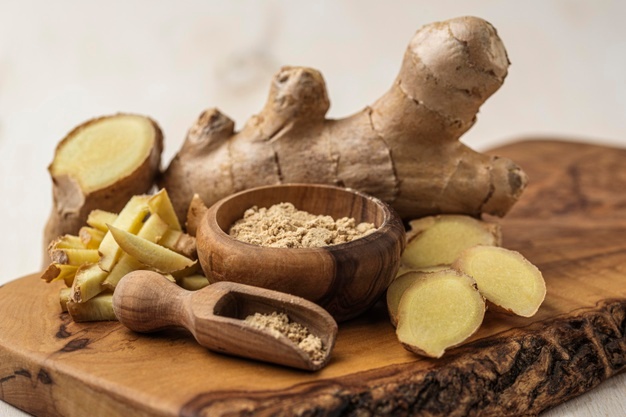
This spicy root (or more accurately, stem) boasts anti-viral and anti-inflammatory activity. Just remember, fresh is best—powdered and ground ginger may not be able to claim the same immune-supportive benefits, depending on the impact processing has on their gingerols.
Apples
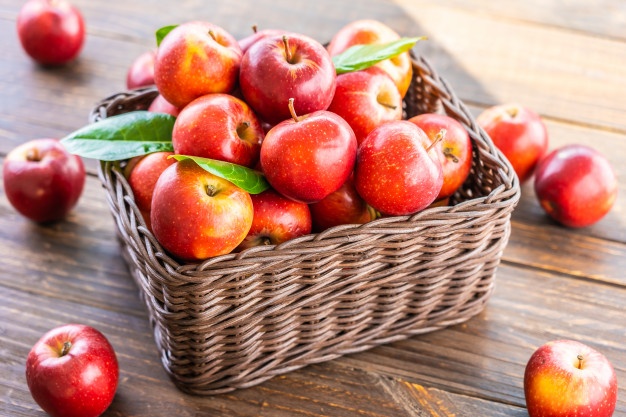
Apples are foods that contain high levels of the potent, immune-boosting flavonoid quercetin. In fact, quercetin may be one of the most underrated health-boosters around, considering that research shows it has anti-bacterial, anti-viral, anti-allergy, anti-cancer, and anti-inflammatory benefits.
Onions

Just like you have in Apples, onions contain the same immune-boosting flavonoid quercetin, and therefore is a must consume.
Aloe Vera

You may be more familiar with the skin-healing properties of the aloe vera plant, but according to recent research, it also has immune-supporting benefits thanks to its antiviral and antibacterial properties. Most often, food-grade aloe vera is ingested in small quantities as a gel or a juice. Note: Pregnant women and children under five should not take aloe vera internally.
Mushrooms
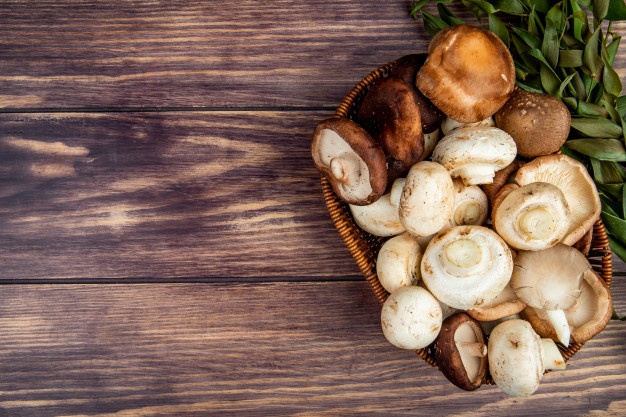
Medicinal mushrooms, such as chaga, reishi, turkey tail, shiitake, maitake, lion’s mane, and cordyceps, contain powerful polysaccharides (plant chemicals) called beta-glucans, which have been found to help fight inflammation and balance the immune system.
Oats

Along with mushrooms, oats contain beta-glucans—those powerful, health-building plant chemicals.
Raspberries
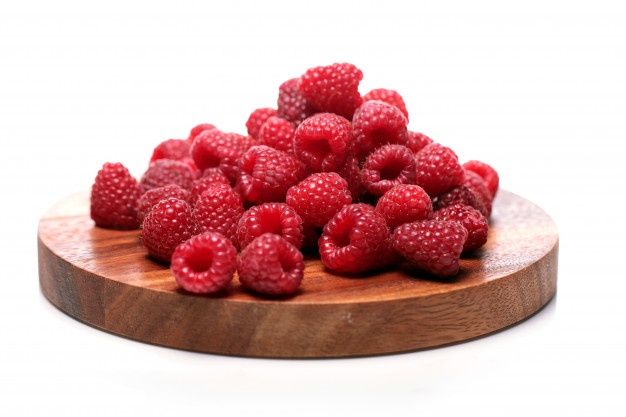
Like all berries, raspberries are powerful antioxidants, but these ruby fruit jewels also contain adequate levels of quercetin, the aforementioned flavonoid that helps support your immune health.
Cocoa
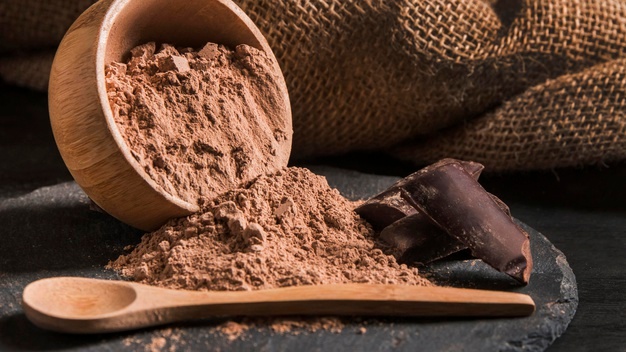
Don’t get too excited—you can’t scarf down chocolate in an effort to stay well. But cocoa packs the same immune-supportive phytochemicals that raspberries contain and studies show that it has anti-inflammatory power and an influence on adaptive and intestinal immunity. Look for cocoa powder without added sugar and whip up a healthy recipe.
Leeks
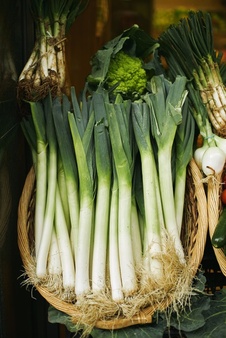
These vegetables, which look like chubbier scallions, contain allicin, an antimicrobial, inflammation-fighting compound. (Garlic and shallots also share this property, and chopping or crushing these pungent veggies helps release the allicin.) Leeks are also a good source of gut-healthy prebiotics.
